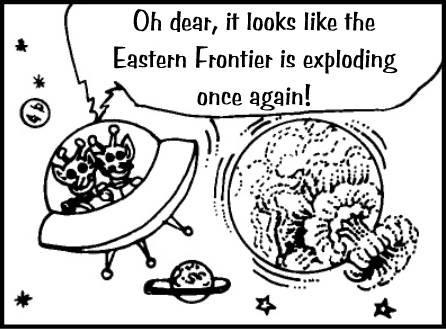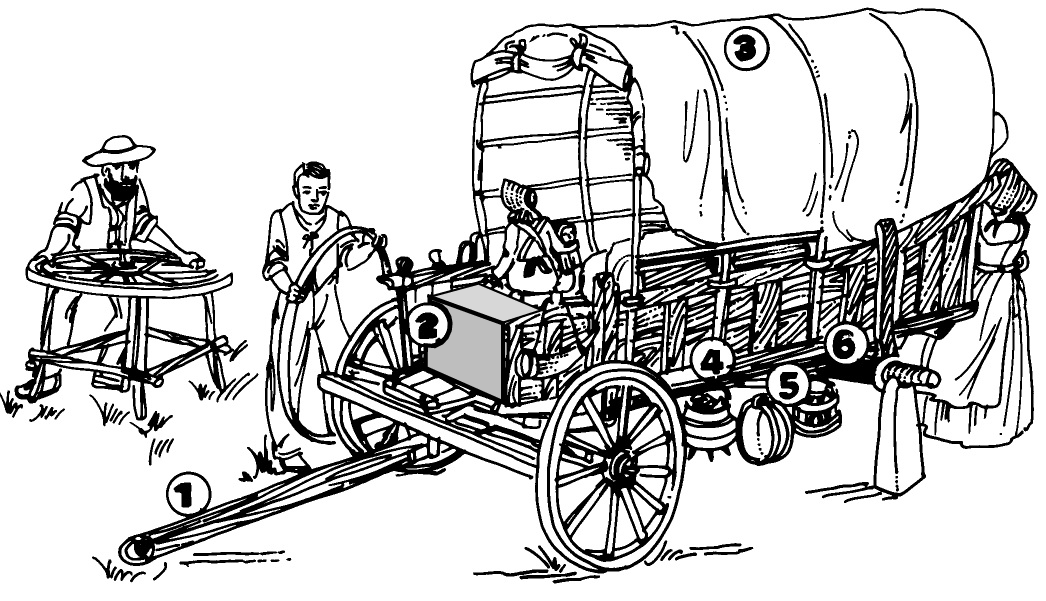| << Chapter < Page | Chapter >> Page > |


Why were so many people willing, in such a short period of time, to give up their farms, and to leave behind homes and friends? People probably had different reasons why they took such drastic steps. But there are two ways in which we can determine what their general reasons were for taking such a drastic step. We can read what the leaders said. We can also look at things they did after they moved away.
Here are the reasons that Piet Retief, one of the Voortrekker leaders, gave:
The Trekkers were not interested in ever returning to the Cape. Before the Trek, they planned carefully and undertook expeditions as far as Namibia in order to look for water, grazing and settled groups in the interior. There were also quite a number of travellers, hunters, traders, stock farmers and missionaries in the interior. Their narratives and maps helped the Voortrekkers to learn more about the unknown areas. Thereafter, most groups moved across the Orange River, met at Thaba Nchu and then moved across the Drakensberg to Natal.
b) Study the above information on the reasons for the Great Trek. Imagine your family has decided to take part in the Great Trek. Write a short letter to your friend in the Cape in which you inform him or her why you are going to trek.
c) Now read the accompanying interview with a well-known Voortrekker leader
about life during the Great Trek.
“Yes. Most families had two or three wagons which moved alongside each other during the Trek. The wagon was usually pulled by a span of 16 oxen, led by a touleier (leader of oxen). The driver sat in front on the wagon chest. We usually travelled approximately 10 km per day. In the wagons were food, clothing, beds, camp chairs and a wagon chest. The men and older children slept outside. Underneath the wagon were pots, pans, hen-coops and a grease-can. Weapons and implements, such as pick-axes, hoes, as well as seed and fruit trees, were taken along. Sheep, goats and cattle walked next to the wagons.
The sides of the wagon looked nearly like the jaw of an animal – therefore a wagon was called a kakebeenwa (jaw-bone wagon)!

“In the mornings we rose early and had devotions. The children also participated by learning to read from the Bible and learning to write. At night, the whole trek settled down and the wagons were drawn into a circle (laager) as a safety precaution. Then we sat around the campfire, telling stories and having singsongs. The animals were kept in kraals of thorn branches. There were also guards at night.

Notification Switch
Would you like to follow the 'History grade 7' conversation and receive update notifications?